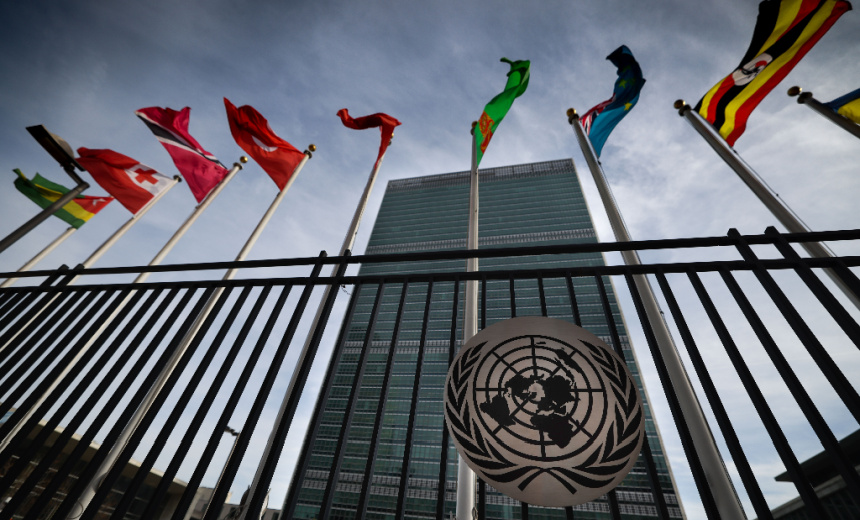Cybercrime,
Fraud Management & Cybercrime,
Government
US Senate Faces Challenges in Ratifying Controversial UN Cybercrime Treaty Amid Widespread Alarm

The incoming Trump administration seems poised to sidestep the contentious United Nations cybercrime treaty, which has encountered fierce criticism from tech companies and privacy advocates, according to a burgeoning national consensus.
The U.N. General Assembly approved the cybercrime convention on December 24, following five years of negotiations and significant pushback from human rights organizations and tech groups. Concerns focus on the treaty’s potential to undermine protections for researchers, whistleblowers, and journalists while imposing severe repercussions on individuals for sharing even innocuous content online. Critics warn that this treaty could threaten journalistic integrity and safety, and call for enhanced enforcement of existing frameworks like the U.N. Convention Against Transnational Organized Crime and the Budapest Convention on Cybercrime, which currently encompasses over 70 member states (see: Tech Organizations Warn: UN Cybercrime Treaty Could Deter Global Security).
Experts note that for this treaty to become law in the United States, a supermajority in the Senate must ratify it. Given existing opposition from lawmakers concerned about the treaty’s implications for current cybercrime agreements, this outcome is viewed as unlikely. Alarm has also been expressed within the private sector, particularly following the apparent disregard by member nations of calls from over 150 cybersecurity firms to bolster protections for penetration testers and safeguard personal data against unwarranted government access.
“The incoming administration is unlikely to advocate for Senate support on this matter,” stated Rex Booth, former chief of cyber threat analysis for the Cybersecurity and Infrastructure Security Agency (CISA). Following the final draft’s release, Booth indicated that concerns persist regarding the treaty’s potential for privacy violations and misuse as a repressive tool, asserting, “I see little chance of it passing in the Senate.”
The origin of the treaty dates back to Russia’s 2017 proposal for negotiations, which led to U.N. General Assembly approval for discussions in December 2019, despite pushback from the U.S. Experts interpret Russia’s relentless advocacy as a calculated effort to reshape cyberspace governance and amplify its influence over international cybersecurity policies.
Human Rights Watch and over 100 international organizations articulated their opposition to the treaty last year, citing fears that it could entrench censorship and surveillance mechanisms employed by authoritarian regimes like Russia and China. The U.N. has hailed the convention’s adoption, with UN General Assembly President Philémon Yang asserting that it equips member states with robust tools to enhance international cooperation against cybercrime and reinforces the protection of civil liberties online.
Rob Lee, chief of research at the SANS Institute, has remarked on the formidable challenges ahead, noting that any moves to ratify the cybercrime treaty must carefully weigh national security against the preservation of civil liberties—factors critical to garnering Senate approval. He underscored that the U.N. treaty must align with the Budapest Convention to avoid creating competing legal frameworks that could dilute the global response to cybercrime, a scenario deemed highly precarious in the current landscape.
Echoing this sentiment, Martin Jartelius, group CISO at Outpost24, emphasized the importance of clarity in treaty provisions, noting that ambiguities could create significant uncertainty when translated into national legislation. Although the treaty aims to establish a foundation for greater international cooperation, it must not undermine existing agreements like the Budapest Convention, which already provides a structured approach for addressing these complex issues.
In recent months, various Democratic senators have raised alarm bells regarding the convention, urging the Biden administration to take a firm stance against the treaty’s potential misuse for censorship and human rights violations in countries with authoritarian governments.
